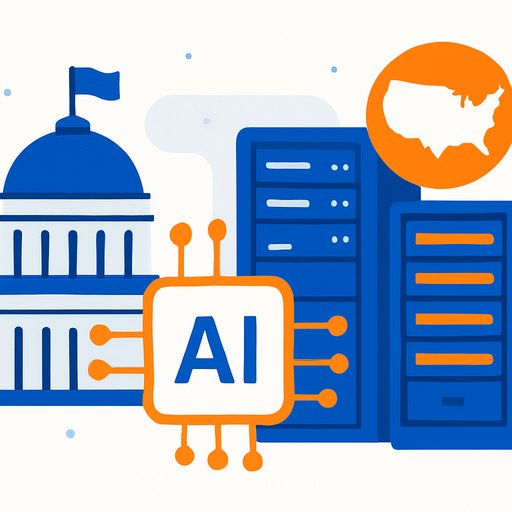Most Canadians Support Government Regulation of AI, Poll Shows
A recent survey reveals that a strong majority of Canadians want the government to regulate artificial intelligence (AI) to ensure its safe and responsible use. Conducted online by Leger between August 22 and 25, the poll gathered responses from 1,518 Canadians about their views on AI. Notably, 85% expressed support for AI regulation, with 57% strongly in favor.
Varied Perspectives on AI’s Impact
The poll highlighted mixed feelings about AI’s effect on society. While 34% of respondents believe AI benefits society, 36% view it as harmful, and 31% remain unsure. This nuance signals that support for regulation is not just about fear or enthusiasm but reflects complex attitudes towards the technology.
On the same day, a report from Toronto’s think tank The Dais emphasized AI’s dual nature of risk and opportunity, especially within government roles. It estimated that 74% of the public sector workforce faces high exposure to AI technologies based on their job characteristics, compared to 56% of the broader Canadian workforce.
AI Usage Among Canadians
AI adoption varies significantly by age. Among Canadians aged 18 to 34, 83% have tried AI, while only about 34% of those aged 55 and older have done so. Younger users generally hold more positive views, which correlates with their higher usage rates. Overall, 57% of Canadians reported having used an AI tool, up from 47% earlier this year.
Despite the optimism, concerns remain. Nearly half (46%) of AI users worry that relying on AI for information and problem-solving could lead to intellectual laziness and weaken cognitive skills. Interestingly, younger respondents, though more positive about AI, also voiced the highest concerns about its potential negative effects on thinking abilities.
Trust Levels in AI for Different Tasks
Trust in AI varies depending on the application:
- 64% trust AI for simple household tasks
- 48% trust AI for educational support
- 36% trust AI for health advice
- 32% trust AI for financial guidance
- 31% trust AI for legal advice
- Only 18% trust AI to replace teachers
This spread shows Canadians are cautious about entrusting AI with critical or sensitive roles, especially in education and legal matters.
Implications for Government and Public Sector
With a significant portion of the public sector workforce highly exposed to AI technologies, the government faces a unique challenge. Balancing AI’s potential to improve efficiency with the need to address public concerns about safety, privacy, and trust is critical.
The upcoming AccelerateGOV conference on December 9th will offer a platform for public servants and government leaders to discuss delivering better, digitally enabled public services. This event will present practical case studies and insights from governments worldwide, focusing on realistic applications of AI in the public sector.
For government employees looking to deepen their understanding of AI and its practical uses, exploring AI courses tailored for public sector roles can be a valuable step.
Conclusion
Canada’s public opinion clearly favors government oversight of AI, driven by a mix of optimism and caution. As AI becomes more embedded in public services and society at large, transparent regulation and informed use will be essential to maintain trust and maximize benefits. Public sector workers should stay informed and consider training opportunities to keep pace with AI developments affecting their work.
Your membership also unlocks:





